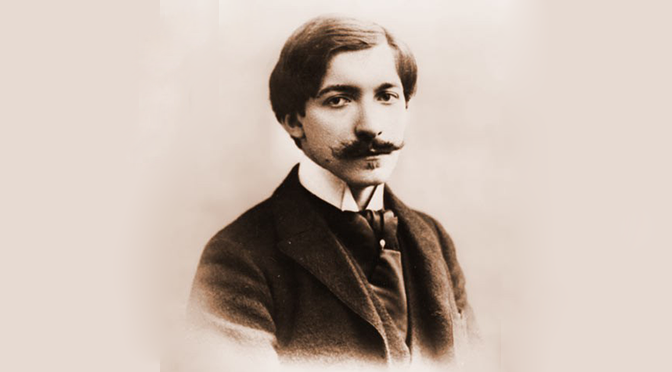Pierre Louÿs (1870-1925) was a French writer and poet who played an important role in the development of French erotic literature in the late 19th and early 20th centuries. He was known for his highly sensual and decadent style, and his works often explored themes of sexual desire, taboo, and pleasure.
Louÿs first gained notoriety with the publication of his collection of erotic poems, “Les Chansons de Bilitis” (Songs of Bilitis) in 1894, which purported to be a translation of the poems of a lesbian Greek poetess named Bilitis. The poems, which celebrated the sensuality and beauty of women, were praised for their elegance and eroticism, and helped to establish Louÿs as a leading figure in the French literary scene.
Louÿs continued to push the boundaries of erotic literature with his subsequent works, including the novel “Aphrodite” (1896), which tells the story of a courtesan in ancient Alexandria, and the scandalous “Trois Filles de Leur Mère” (Three Girls and Their Mother) (1900), which depicts the incestuous relationships between a mother and her three daughters.
Louÿs’ works were often criticized for their explicit sexual content, but they also drew praise for their poetic language and rich imagery. His influence can be seen in the works of other French writers of the time, such as André Gide and Jean Cocteau, who also explored themes of sexuality and desire in their work.
Overall, Pierre Louÿs was a significant figure in the development of French erotic literature, helping to break down taboos and push the boundaries of what was considered acceptable in literature at the time.

